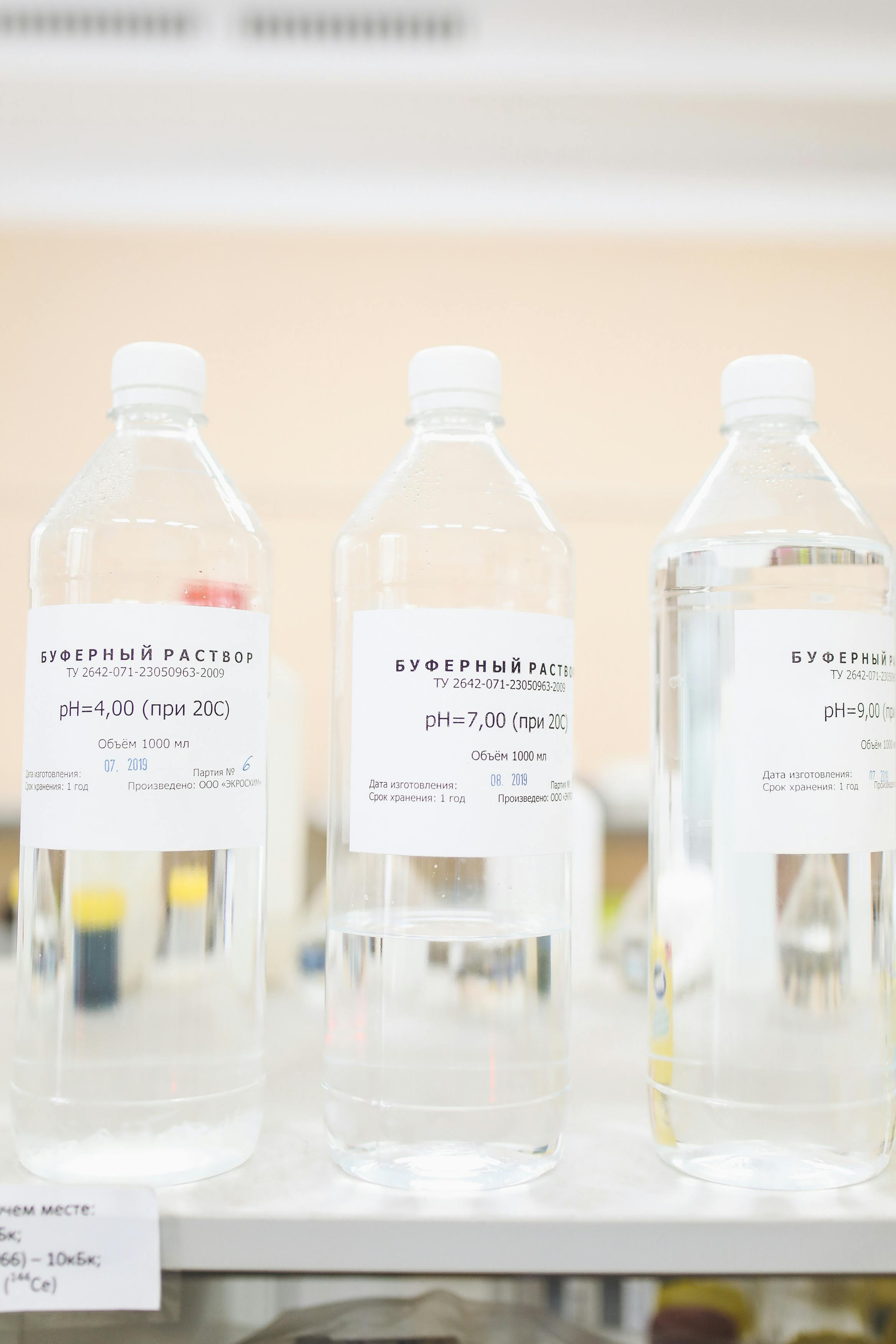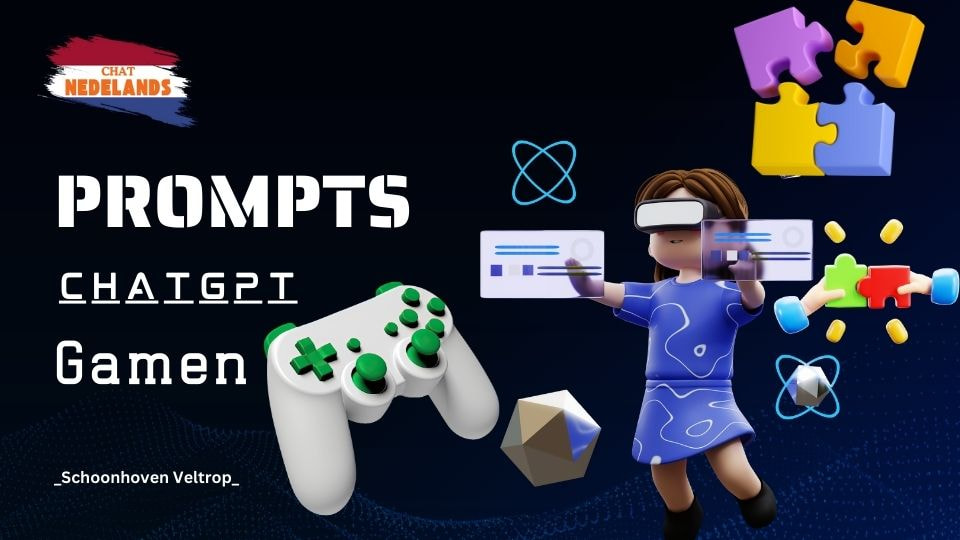The Importance Of What Is Chatgpt
페이지 정보
작성자 Callum Girardin 댓글 0건 조회 2회 작성일 25-01-03 13:26필드값 출력
본문
 OpenAI at present presents ChatGPT Gratis free of charge on its web site, but with some limitations. On Dec. 5, 2024, OpenAI added the ChatGPT Pro tier for $200 monthly. OpenAI revealed a report on the incident and addressed the cause of the problem. David Pearce would not consider that classical Turing machines and connectionist programs can remedy the binding drawback. 4. Technological options: The abolitionist undertaking, especially in the context of genome reform, embraces the usage of advanced expertise and scientific innovation to sort out the issue of suffering. Addressing concerns about "enjoying God" within the context of the biohappiness revolution and the abolitionist mission requires participating in open dialogue, promoting ethical considerations, and addressing the potential dangers and benefits of such interventions. This will involve policies and interventions that focus on income redistribution, education, housing, healthcare, and different areas that contribute to systemic inequality. 2. Decision-making and threat assessment: A society based on gradients of bliss might face challenges in decision-making and danger evaluation, as individuals may be much less inclined to consider potential destructive outcomes.
OpenAI at present presents ChatGPT Gratis free of charge on its web site, but with some limitations. On Dec. 5, 2024, OpenAI added the ChatGPT Pro tier for $200 monthly. OpenAI revealed a report on the incident and addressed the cause of the problem. David Pearce would not consider that classical Turing machines and connectionist programs can remedy the binding drawback. 4. Technological options: The abolitionist undertaking, especially in the context of genome reform, embraces the usage of advanced expertise and scientific innovation to sort out the issue of suffering. Addressing concerns about "enjoying God" within the context of the biohappiness revolution and the abolitionist mission requires participating in open dialogue, promoting ethical considerations, and addressing the potential dangers and benefits of such interventions. This will involve policies and interventions that focus on income redistribution, education, housing, healthcare, and different areas that contribute to systemic inequality. 2. Decision-making and threat assessment: A society based on gradients of bliss might face challenges in decision-making and danger evaluation, as individuals may be much less inclined to consider potential destructive outcomes.

3. Long-time period perspective: Both the abolitionist challenge and longtermism within efficient altruism share a protracted-term perspective on improving the well-being of sentient beings. 1. Open dialogue: Encourage respectful conversations between supporters of the abolitionist challenge and people who've issues about "playing God." This can facilitate mutual understanding and assist make clear misconceptions in regards to the venture's goals and methods. This may also help exhibit that responsible scientific progress can align with ethical and ethical objectives. This could contain creating tips for which modifications are deemed ethically acceptable, primarily based on scientific proof and a shared understanding of the goals and values of society. On one hand, proponents of particular person parental rights argue that parents ought to be allowed to make decisions in the very best interest of their youngsters, including genetic modifications that would improve their effectively-being. Interest in AI technology and, extra particularly, OpenAI’s ChatGPT product has skyrocketed in latest weeks. Low-income college students and college students of color, who are disproportionately more reliant on school-based mostly devices and internet entry, can be harmed probably the most, deepening the digital divide. The biggest advances in AI at the moment are being made in China and America. People might choose careers and hobbies that promote properly-being and happiness, fairly than being driven by monetary or standing issues.
6. Technological developments: A society targeted on promoting nicely-being may make investments more heavily in technologies that enhance happiness, similar to superior medical treatments, temper-enhancing units, and virtual actuality experiences. Chat Gpt nederlands-4 shall be designed to perform extra advanced tasks and generate more correct, human-like responses to consumer inputs. This will help individuals make informed choices and foster a more inclusive and equitable societal discourse on these topics. Only the quality of the product and affordability will determine in the future. They each consider not only the instant effects of their actions but in addition the potential lengthy-time period consequences for future generations of people and non-human animals. Potential concerns embody the exacerbation of social inequalities, the potential of unforeseen uncomfortable side effects on future generations, and the danger of creating a "genetic arms race" where mother and father feel compelled to switch their youngsters as a way to sustain with societal expectations. This could involve investments in healthcare, schooling, and social welfare packages, as well as environmental protection and animal welfare initiatives.
If you cherished this write-up and you would like to obtain additional facts about ChatGPT Gratis kindly go to the webpage.
- 이전글Free Chatgpt: The Google Technique 25.01.03
- 다음글ChatGPT: Failing at FizzBuzz 25.01.03



